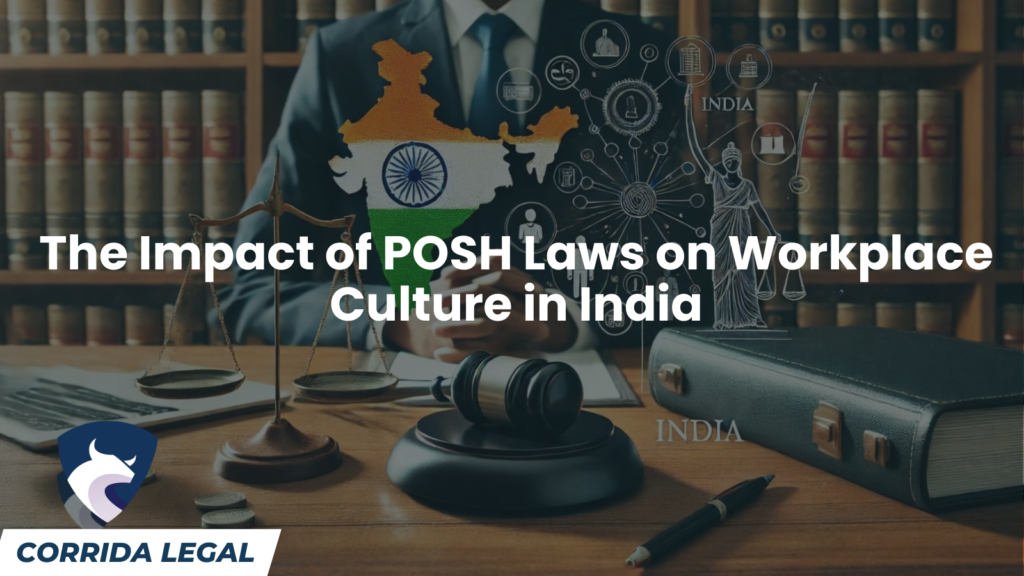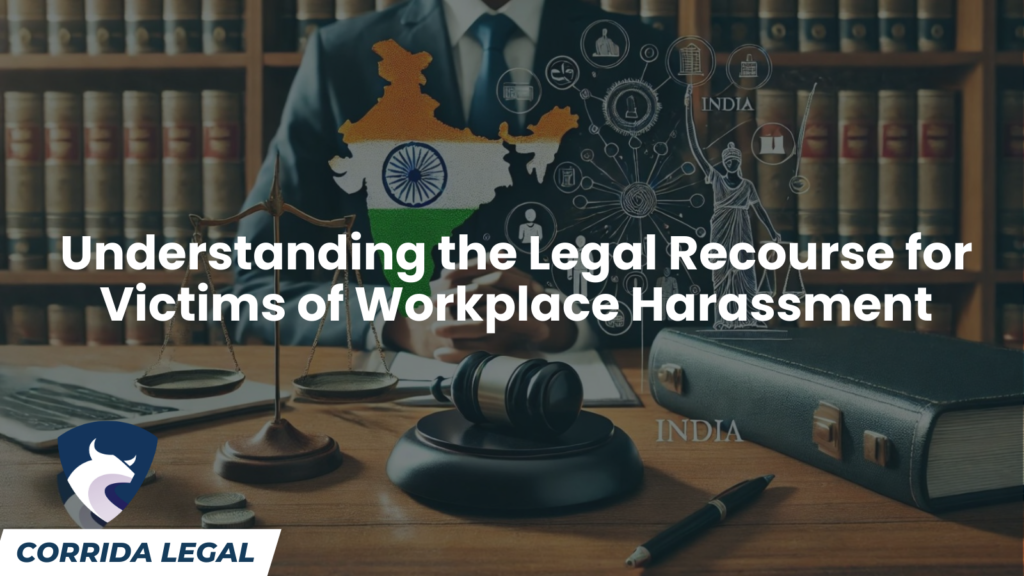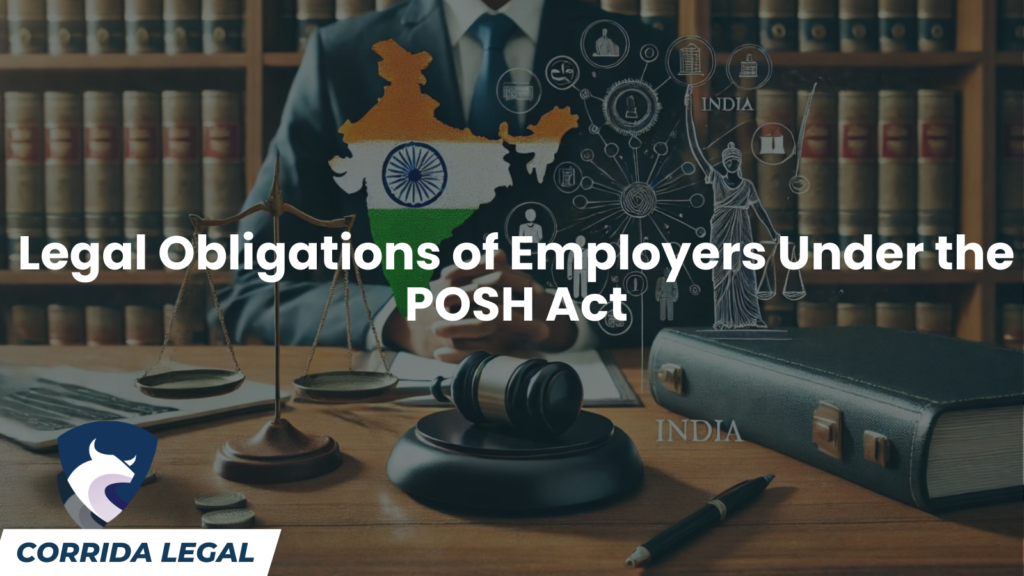This article pertains to Effective Grievance Redressal Mechanisms in Indian Employment Law.
This article pertains to The Impact of POSH Laws on Workplace Culture in India.
This article pertains to The Payment of Wages Act, 1936: Regulations and Case Laws.
This article pertains to Understanding the Legal Recourse for Victims of Workplace Harassment.
This article pertains to Rights and Duties of Employers and Employees in India.
This article pertains to Sample draft of a Will.
This image pertains to Breach of Employment Contracts & Necessary Safeguards for Employers.
This article pertains to Legal Obligations of Employers Under the POSH Act.
This article pertains to Legal Position of Anticipatory Breach in India.
MOONLIGHTING: LEGAL REPERCUSSIONS OF AN OPEN SECRET AND THE WAY FORWARD
This article pertains to Drafting Employment Contracts in India: Legal Guidelines and Case Laws.
This article pertains to Key Challenges in Implementing POSH Policies in Corporate India.
Categories
- Bare Acts
- Commercial and Operational Contracts
- Corporate Law Advisory & Contract Drafting
- Corporate Laws Advisory, Compliances & Taxation
- Dispute Resolution
- DPDPA Readiness & Data Protection
- Employee Contracts and HR Policies
- Employment & Labour Laws
- ESOPs, Benefits and CSR
- Fintech & E-Commerce Laws
- Fundraising Advisory & Documentation
- India Entry and Foreign Investments
- Intellectual Property Protection
- Investigations and Trainings
- Labour Codes Compliance and HR Audits
- Labour Laws Licensing & Compliance
- Mergers and acquisitions (M&A)
- Prevention of Sexual Harassment (POSH): Trainings, Policy Drafting & Investigations
- Prevention Of Sexual Harassment: Trainings, Policy Drafting & Investigations
- Startup – Setup, Documentation & Advisory
- STARTUPS: SETUP & INVESTOR READINESS
- Uncategorized
- Workforce Restructuring & Layoffs
Resources
Virtual legal conference
Book Legal Consultation
Direct access to Corrida Legal lawyers providing actionable solutions tailored to your business requirements whilst maintaining complete confidentiality.
Trusted by Fortune 500s, Global MNCs & High-Growth Startups (500+ Consultations Conducted)
Live Virtual Consultation with Prior Document Review
Direct access to Corrida Legal’s Managing Partner, Pushkar Thakur via Senior Consultation
Confidential Legal Advice with Complete Data Protection













